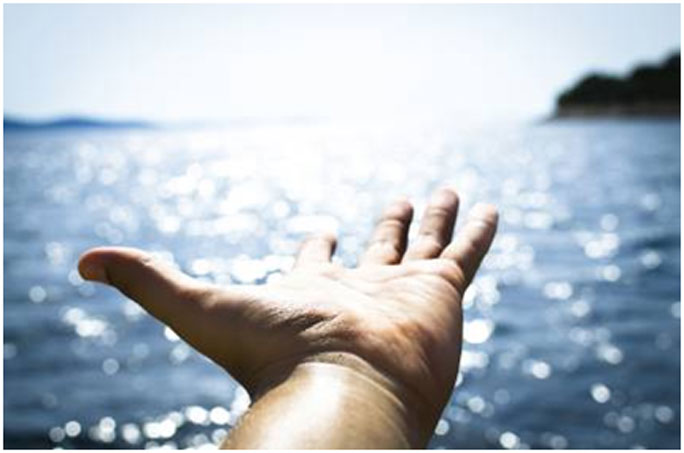
Although many have a strong interest in oceanography, few realize what the career involves and how difficult it is for individuals to enter the professions associated with it. Often marine technicians, persons who assist oceanographers, need to have a master's degree. Most oceanographers have a doctoral degree.
TYPICAL CAREERS
Oceanography involves the utilization of many sciences applied to the study of the oceans. It attempts to explain processes taking place in the ocean through the principles of other disciplines, such as biology, cartography, chemistry, geography, geology, medicine, meteorology, physics, mathematics, zoology, and others. Basically, oceanographers are professionals who use the sea as their laboratory for scientific study. Some rarely leave the laboratory; others do fieldwork in waters all over the world. Many serve on the faculties of universities, combining teaching and research in their careers. As with all professionals, each has a special interest within her or his chosen field. Although some overlap between specialties does exist, the main divisions are usually as follows.
Atmospheric Oceanographers
These scientists, also called marine meteorologists, study the relationship between the ocean and the atmosphere. For example, their work might involve analyzing the behavior of unusual weather such as thunderstorms, hurricanes, and waterspouts. Most recently, they have studied the El Nino phenomenon and its effects.
Biological Oceanographers
This field is probably the best known to the public and deals with the study of plant and animal life in the ocean. The interests of these professionals range from the one-celled phytoplankton to the largest of all life-forms on earth, whales. For example, some seek antibiotics from bacteria or fungi, while others study new life forms found around hydrothermal vents such as giant clams and tubeworms. The improvement of sport and commercial deepwater fishing is also a primary concern of biological oceanographers.
Chemical Oceanographers
These professionals seek to understand the chemical reactions taking place in the sea. Also known as marine geochemists, they may study the food chain using radioactive substances. Often they will analyze the composition of pollution to suggest methods of prevention and removal. A growing concern with cleaning up the world's waters makes this field attractive to many.
Geological Oceanographers
These individuals, also known as marine geologists, investigate the ocean's floor and the shoreline, studying sediments, mineral content, and oil location. Recent interest in coastal erosion and in extricating minerals from the sea and oil from beneath the ocean floor makes for plenty employment opportunities in this field. Some marine geologists obtain jobs with oil companies.
Physical Oceanographers
Persons in this field investigate physical properties of the ocean, such as the chemical properties of seawater, currents, tides, waves, and the relationship between the ocean and the atmosphere. Some study exotic topics such as the transmission of light and sound in the sea and the rise of ocean levels.
Oceanographic Engineers
These individuals design and build systems used in marine research and operations. They supervise the construction of underwater devices and floating structures such as oil drilling rigs and study the interaction of the sea with such structures.
Marine Policy and Law
The field covers the broad spectrum of ocean resource management issues concerning ocean environmental quality. Coastal zone management, fisheries, and marine archaeology are topics of interest to those working in this field.
As the work of oceanographers varies greatly, so do the working conditions. Those employed in laboratories examine organisms, conduct experiments, and analyze data. Others prefer to work in the field (or, in this case, the water). They utilize research vessels to aid them in their work. Practitioners in this field obtain samples from the sea and often must don SCUBA suits to collect specimens from the deep. Tidal pools, inlets, bays, and rivers also function as natural laboratories.
College and university instructors conduct experiments both in the laboratory and in the sea. Some oceanographers work in administrative and supervisory capacities. They manage research institutes, laboratory schools of marine science, and new product development in industry.
Closely related to oceanographers are marine biologists. The latter utilize the systematic procedures of the science of biology to study marine organisms. In the words of Professor Larry Harris of the University of New Hampshire, "Marine biology is biology with salt added."
See the following articles for more information:
- Find Your Calling: A Checklist
- 5 Ways To Build Your Career Outside of the Office
- How To Impress Your Interviewer When Making a Career Change
- 5 Tips For Successful Networking
